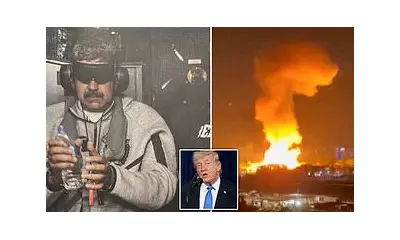
In an extraordinary move that has sent shockwaves through American politics, the US House Speaker is refusing to seat a duly elected Democratic representative, creating what many are calling an unprecedented constitutional crisis.
A Dangerous Precedent in American Democracy
The controversial decision marks a significant escalation in partisan warfare, with the Speaker effectively denying representation to thousands of American voters who legally elected their chosen candidate. This action challenges the very foundations of democratic representation and raises alarming questions about the state of American governance.
The Political Fallout Intensifies
Democrats have reacted with fury, accusing the Republican leadership of subverting democracy and disenfranchising voters. The move has transformed what might have been a routine procedural matter into a fundamental battle over democratic principles and the rule of law.
Legal experts warn that this decision sets a dangerous precedent that could undermine the integrity of future elections and the peaceful transfer of power. The situation has drawn comparisons to historical moments when democratic norms were tested to their breaking point.
Broader Implications for Governance
Beyond the immediate political confrontation, this crisis exposes deeper structural issues within the American political system. The ability of a single political figure to override election results represents a concentration of power that many find deeply concerning.
As the standoff continues, questions mount about how this will affect legislative business, international perceptions of American democracy, and the long-term health of the nation's political institutions. The world watches as America grapples with one of its most significant democratic challenges in recent memory.





